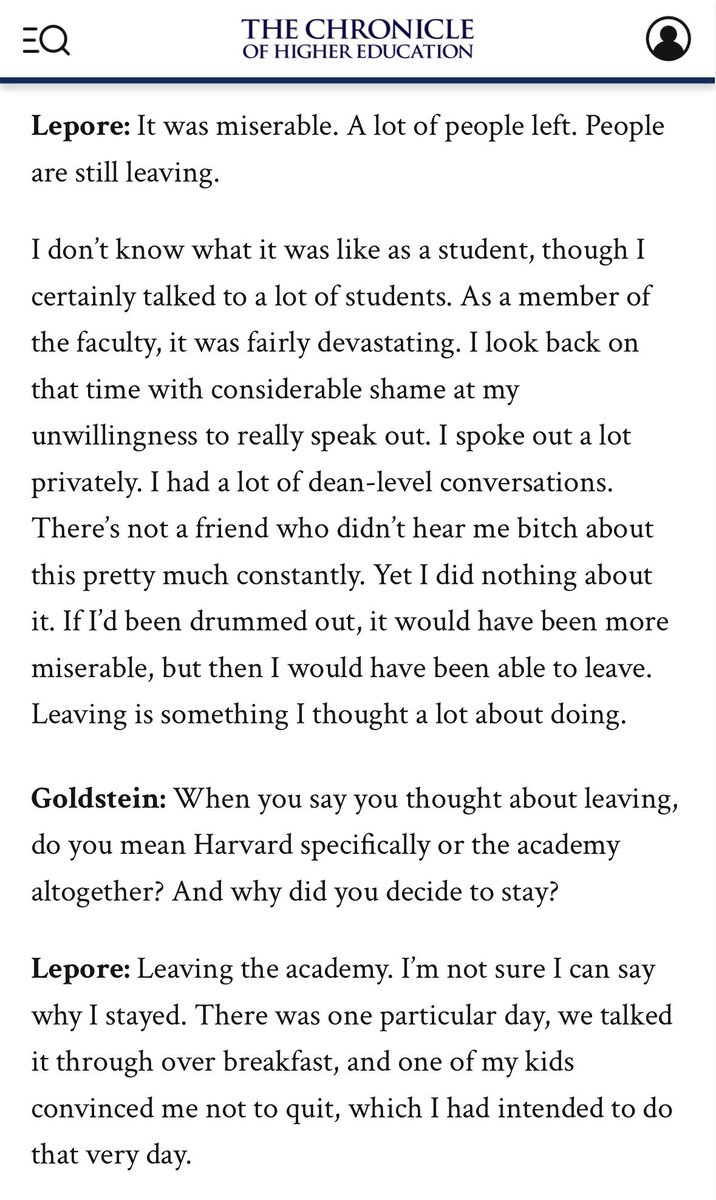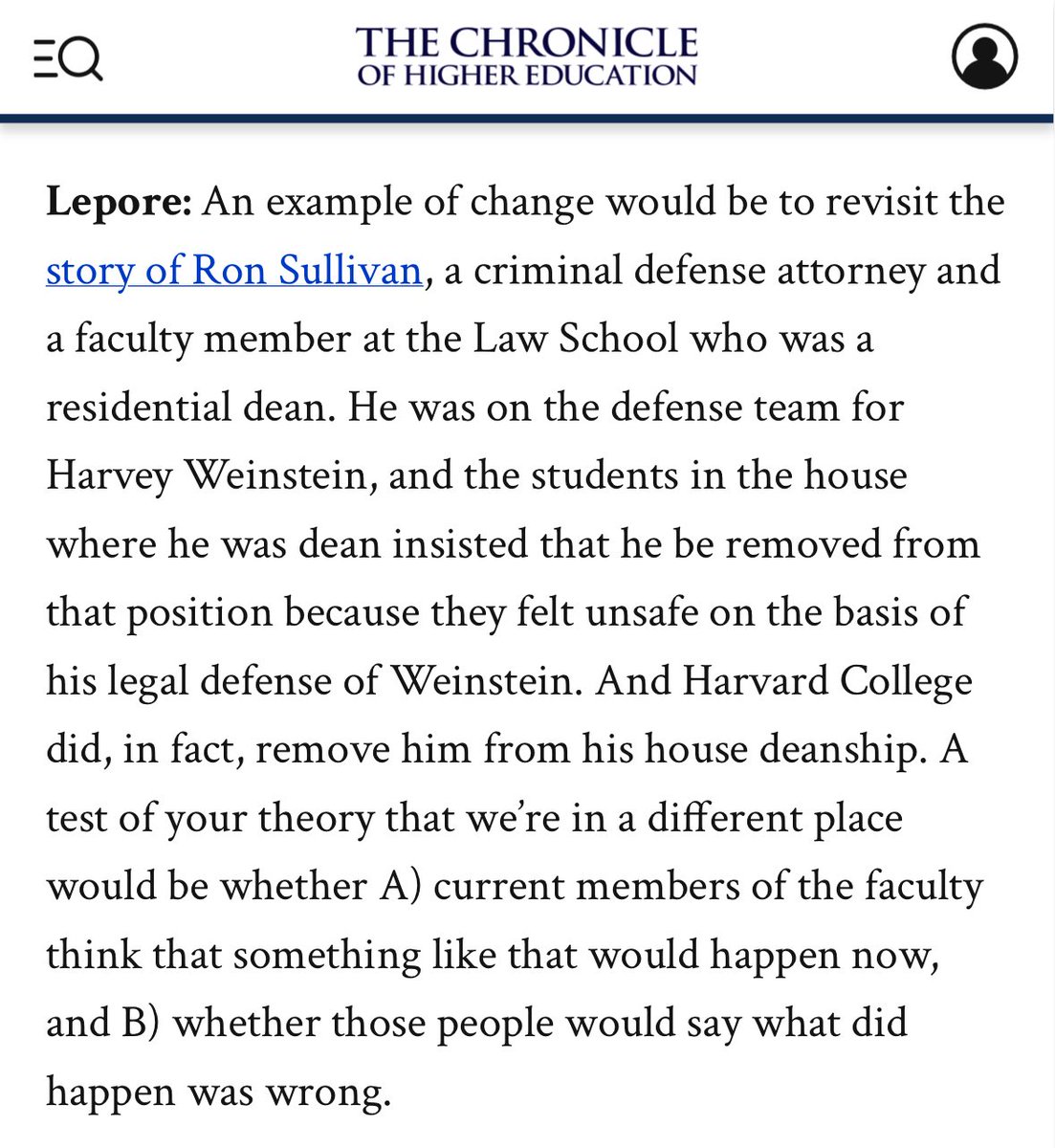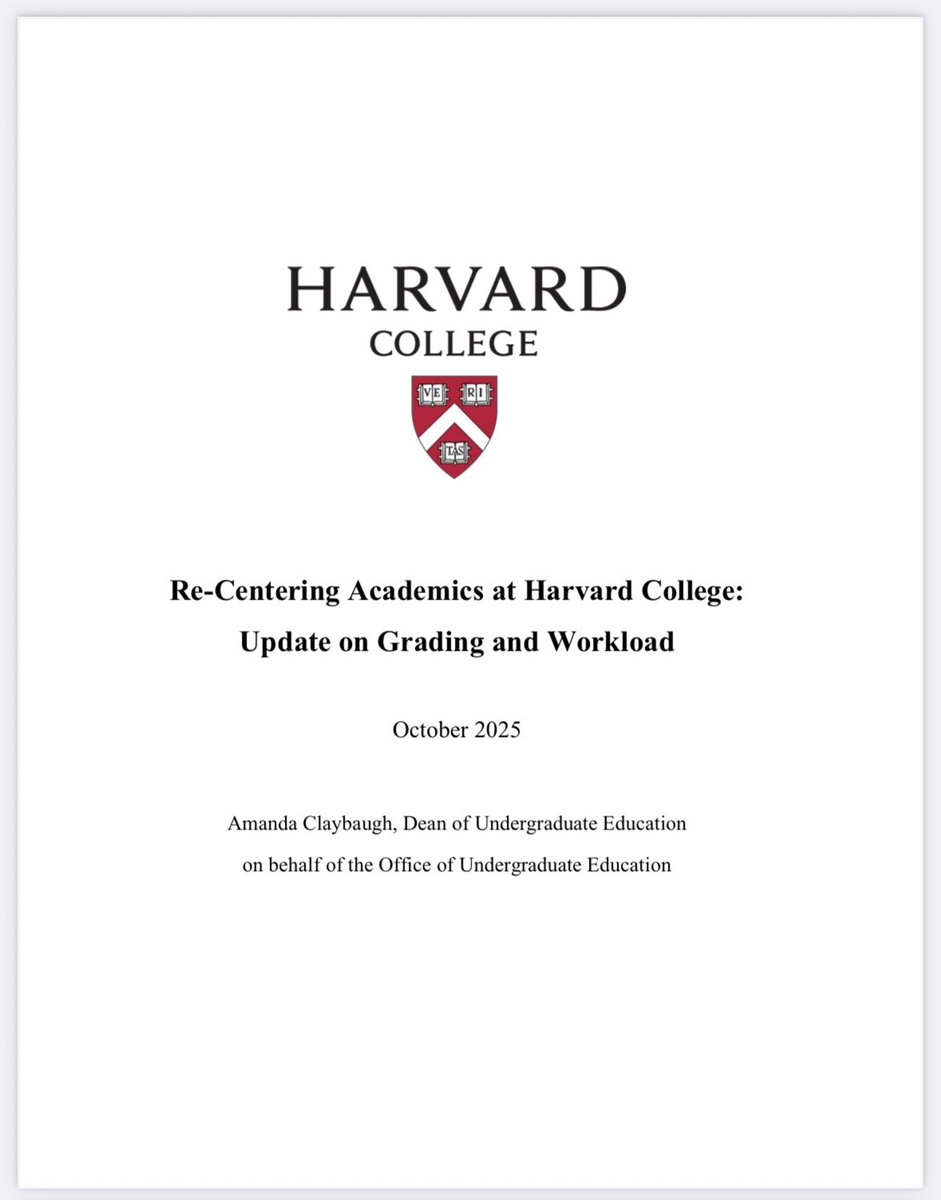First, they leaked documents (adapted from Columbia) outlining their plans and strategy before they even started:
nationalreview.com/news/princeton…
nationalreview.com/news/princeton…
Then they set up an encampment…
…only to take it down five minutes later after being threatened with arrest:
Next they occupied Clio Hall with faculty members…
But the faculty members left before getting arrested and at least one later called herself a “non-participant observer”:
The students were immediately arrested:
nationalreview.com/news/chaos-at-…
nationalreview.com/news/chaos-at-…
In the aftermath, they shut down the “Black Princeton” group chat after messages were leaked to @abigailandwords and on Reddit:
nationalreview.com/2024/05/the-sa…
nationalreview.com/2024/05/the-sa…
https://twitter.com/abigailandwords/status/1785720305031295373
As the encampment continued, they began a hunger strike:
They were not allowed to have tents, BTW, and public safety even took down a tarp they had strung up:
So they were forced to sleep under tarps on the ground, sometimes in the rain.
They made Blair Witch Project clips updating their status:
They made Blair Witch Project clips updating their status:
Meanwhile, they infamously complained that Princeton wasn’t checking their vitals even though they were shaking and immunocompromised:
They did have supporters, though. Several non-participant observer faculty at Princeton wrote letters and op-eds, while others joined the hunger strikers for a 24-hour fast:
It turned out to be a “rotary hunger strike” (probably after the original strikers saw the faculty go out for brunch on Saturday): 

Finally, President Eisgruber said the encampment had to end and made some shameful concessions that were still totally unsatisfactory to the protestors.




When admin showed up the next day to discuss clearing the camp, the students put out a call for their fellow students to encircle the camp but no one came. 

Today they announced the hunger strike is over, noting the university administration has “been forced to tone down their violent rhetoric.”


And while they have events planned for today, the encampment is expected to be shut down as the university plans for year-end activities. 

Their parting message:
https://twitter.com/sfmcguire79/status/1790853833439994012
• • •
Missing some Tweet in this thread? You can try to
force a refresh
















